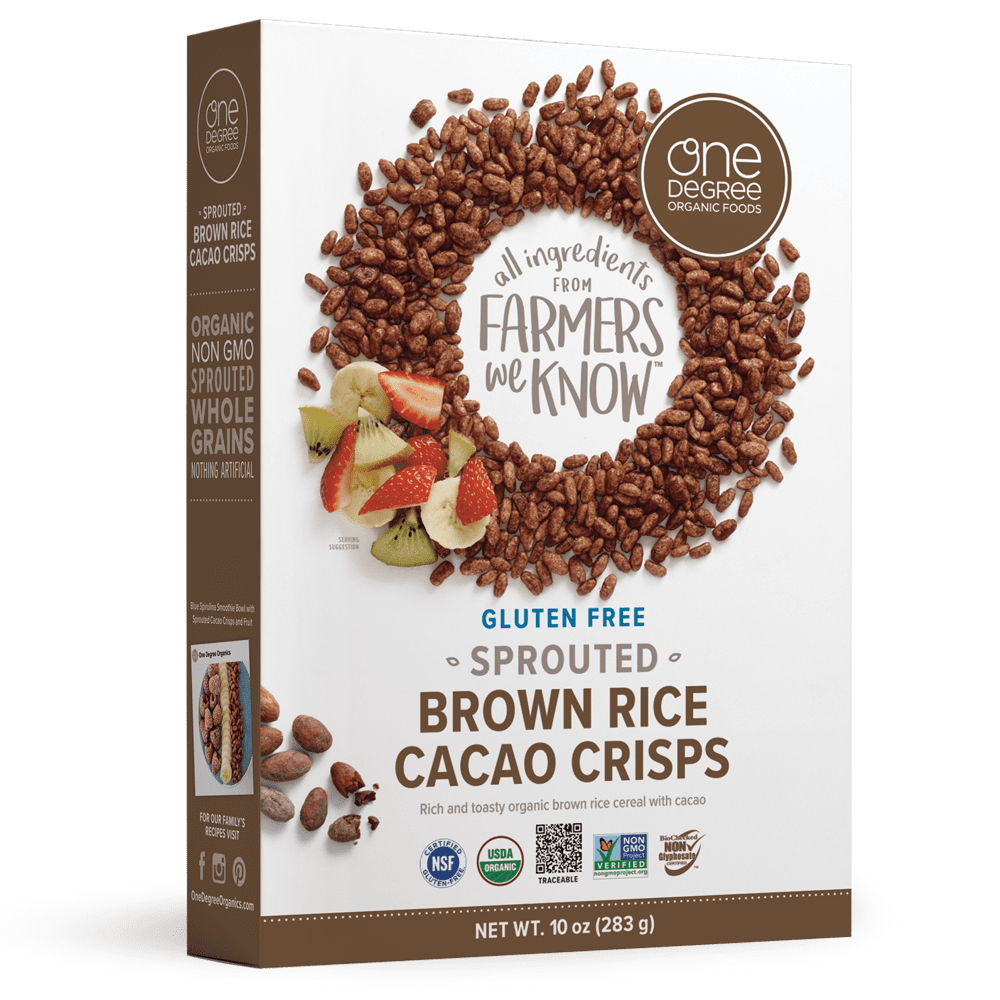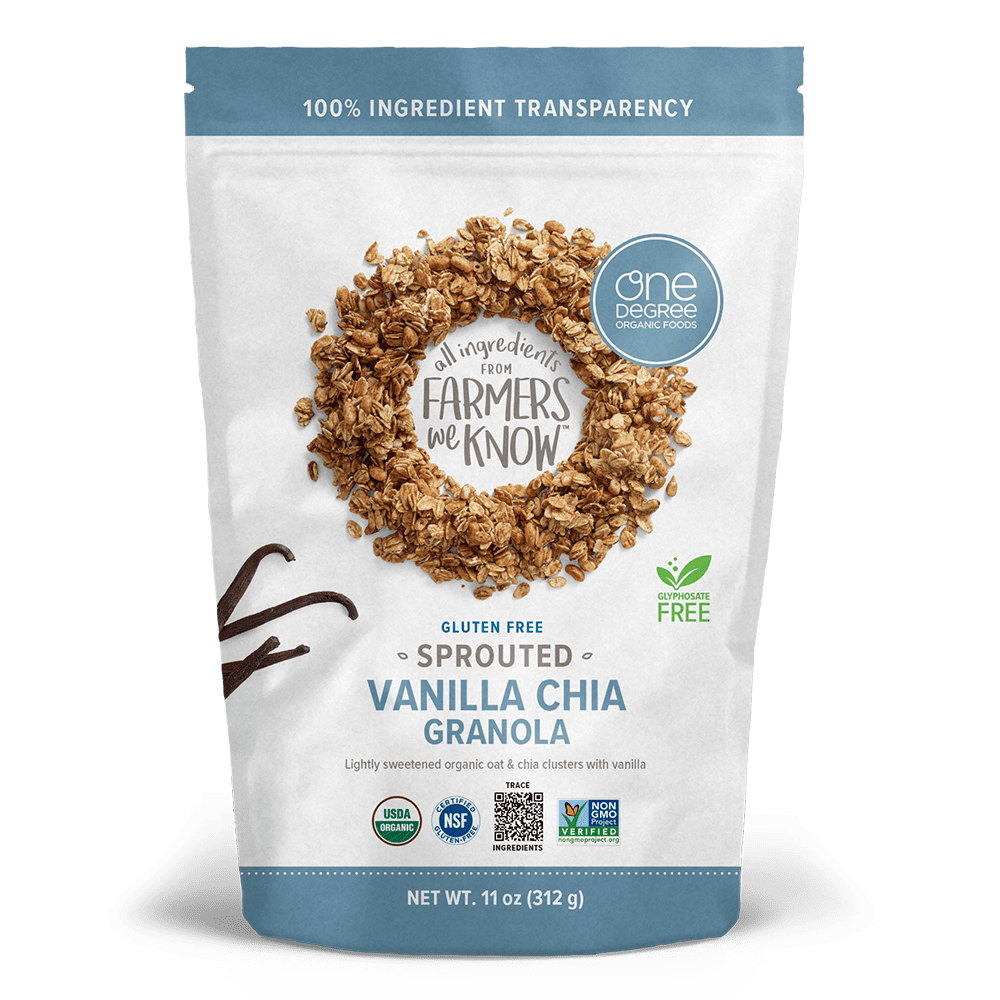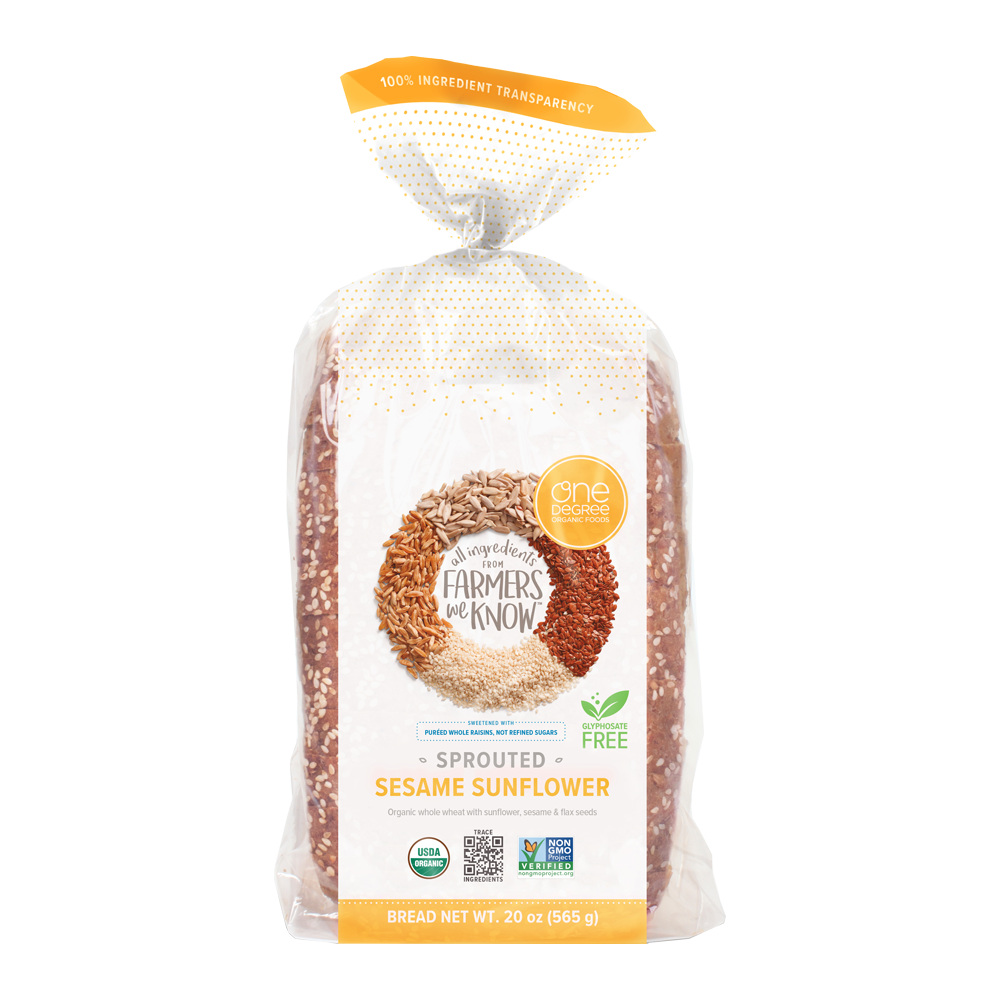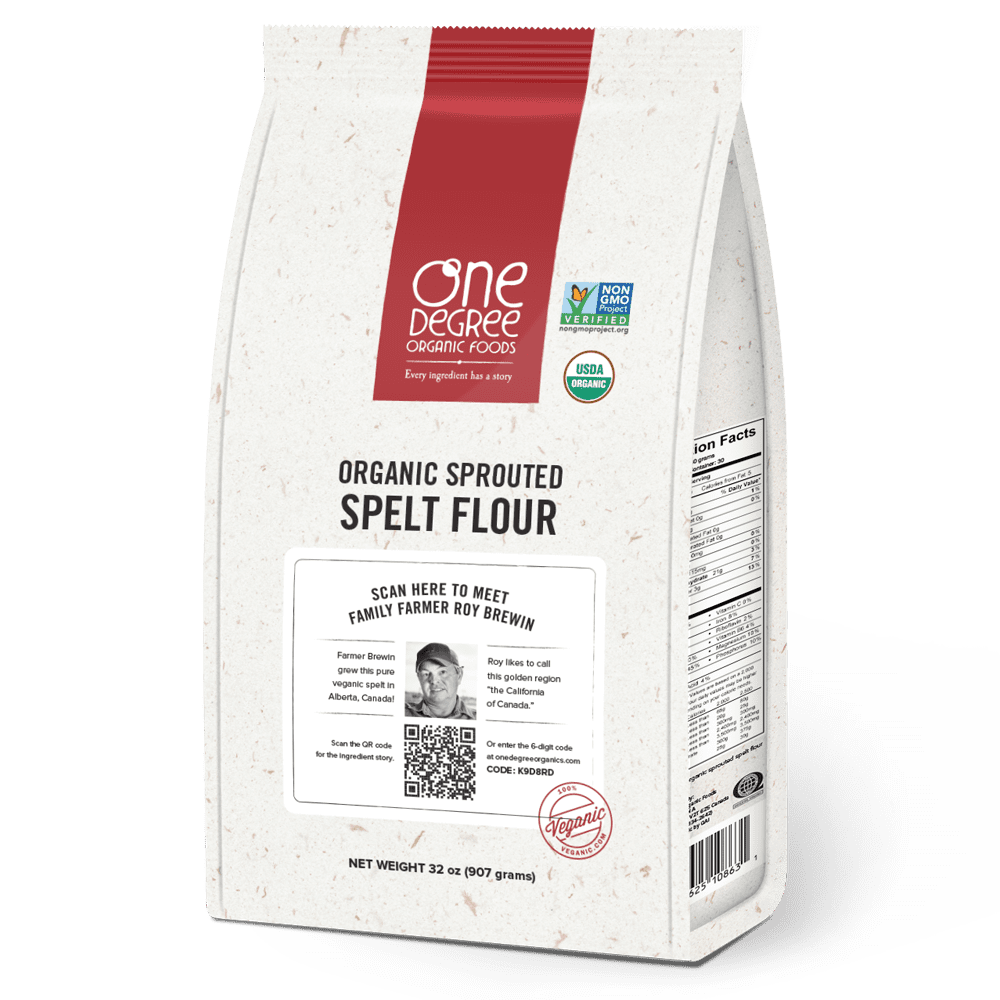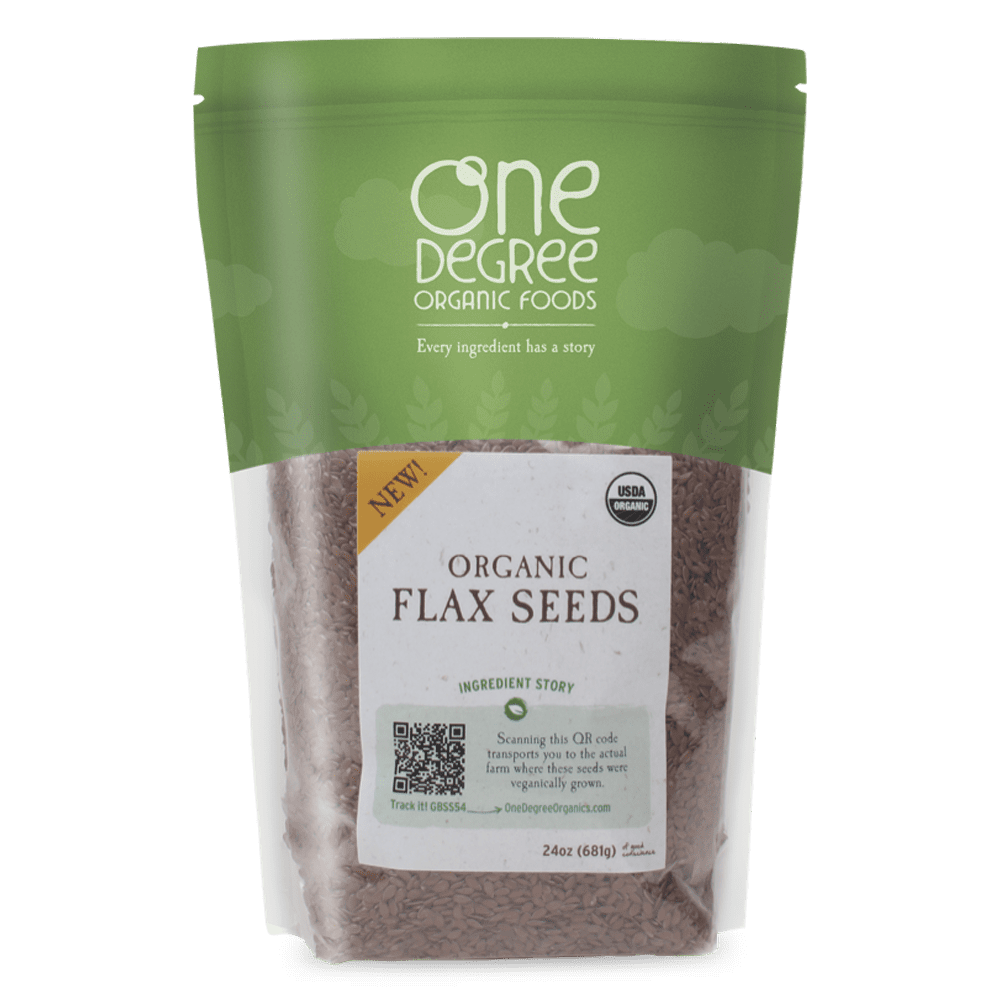Red Fife
Back 40 Organics Ltd.
One Degree farmers have a devotion to the land that is extraordinary in an era of quick profits, short attention spans and limited perspectives.
Bernie Ehnes is one such inspiring example. His family recently celebrated a century on the land, a proud history that began when his grandparents arrived in Alberta from Crimea, at that time part of Czarist Russia.
The arc of a hundred years was a journey of rediscovery. By 1988, the farm had returned to the ways of Bernie’s grandparents, using the timeless organic methods that defined farming before the production and mass-marketing of agricultural chemicals.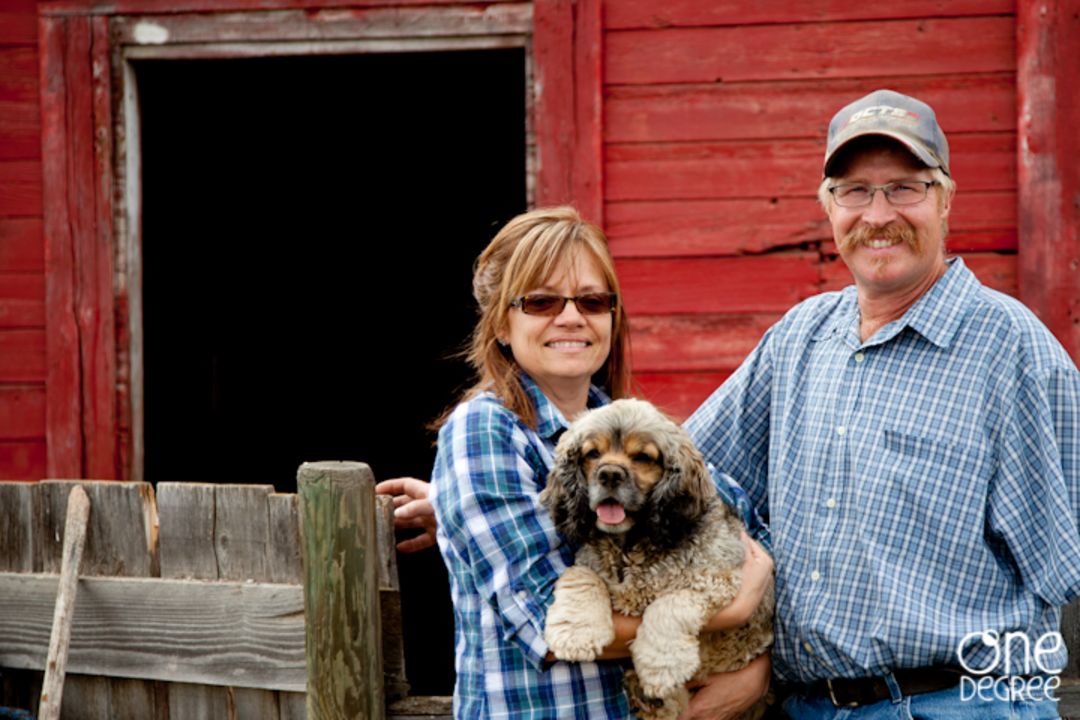
The deep family roots in the land turn out to be a tremendous advantage in running a successful organic farm. Bernie and his family know every field, every nuance of climate, and the exceptional qualities of every crop.
“The main thing is building a real healthy soil and knowing what you have to do on the different pieces, because you may not be able do the same thing on every piece,” Bernie says. “It’s a real knowledge thing about your land and what your land is doing. You need to observe what’s happening on different pieces and try to incorporate and build that soil so you can get good quality grains. If you don’t take care of the soil, the soil is not going to take care of you.”
The fruits of this knowledge are abundant harvests of Red Fife, barley, emmer, durum and rye. Red Fife may be the most intriguing wheat variety. The foundation seed for Bernie’s Red Fife is derived from the Keremeos strain that was brought to Canada from Scotland 170 years ago. Often referred to as Faith Red Fife, it’s especially popular with consumers seeking to avoid modern hybridized wheat.
It’s also a hit with artisan bakers. “Red Fife has a different flavor compared to modern wheat, it has a different baking consistency, it’s quite an interesting crop to grow,” Bernie says. “Red Fife has been grown on this farm back in the earlier years when our grandfather and dad farmed here.”
Bernie uses only veganic farming techniques on his crops. That means no animal-based fertilizers of any kind. “We do a lot of green manure and crop rotations, including peas,” he says. Clover is another favorite for building nutrients in the soil. “The clover is a slow-growing crop, so even when the wheat is harvested it will continue to grow, and then the next season you can plow it down.”
Right next door to Bernie’s Back 40 Organics Ltd. is Canadian Prairie Organic Ltd., a complementary farming enterprise run by sister-in-law Christine Ehnes and nephew Tyler. In all, the family has 4,800 acres under cultivation. The original family homestead today also houses a seed cleaning operation that is extremely popular with regional organic farmers.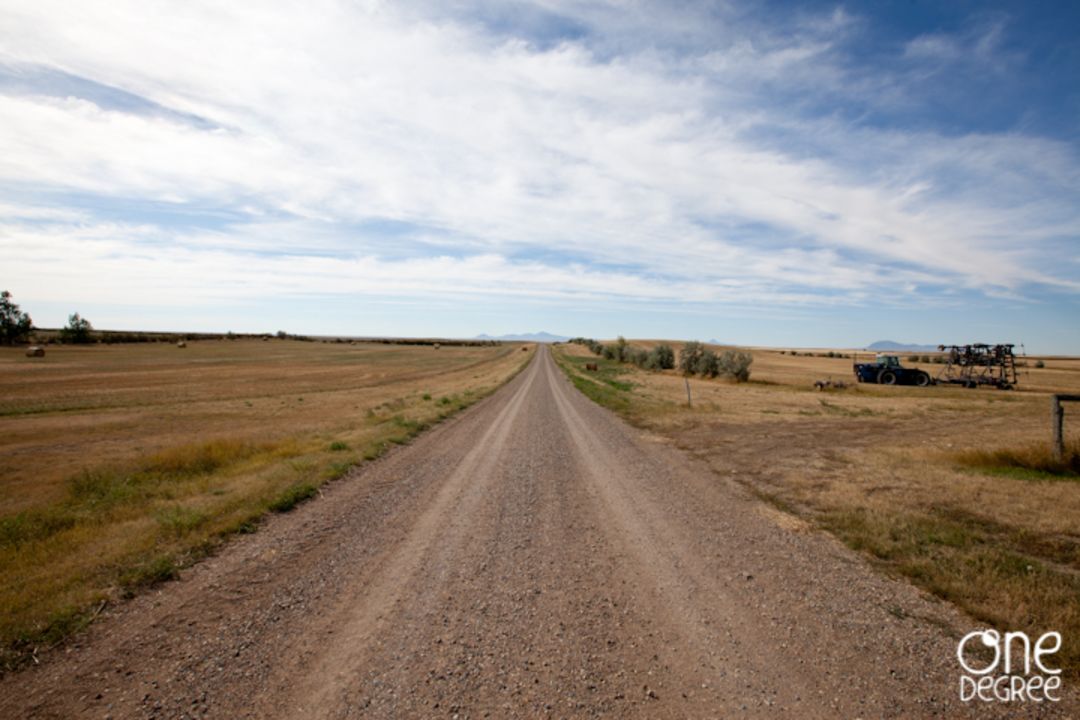
In this tranquil corner of the Canadian plains, the Ehnes farms almost seem like a metropolis in comparison to the surrounding area. “The closest town is a little hamlet where the post office is,” says Bernie. “About 30 or 40 people live there. Everything is very rural, neighbors are very spread out a couple miles apart or more at times. But we’re close to the neighbors. Everyone helps each other out when they can.”
Those who still farm conventionally tend to be curious about organic farming, he reports. “A lot of the neighbors around here ask a lot of questions about, ‘How do you do this?’”
They share many of the same challenges. One area of increasing concern is the infestation of GMO canola. “It’s showing up in ditches, in different fields and all over the place. When we see it we go out and handpick it to get it out of there. Even the conventional farming neighbors are finding the same thing; they’re really having issues with it.”
It’s a concern that Bernie’s grandparents would never have imagined. That fact alone is a telling clue that modern agriculture has taken some dramatically wrong turns over the past century. To paraphrase Michael Pollan, perhaps we shouldn’t be growing anything that our grandparents wouldn’t recognize as one of Creation’s original plants.
Of course, when your family has been on the land for a hundred years, that particular insight is just plain common sense. As Bernie explains: “We feel we should treat the land with respect. If we treat it well, it will return that with abundance.”
— Charlie Dodge

